
0071
Urmee Mehta Mankar – Swadhaar – Micro Finance – Provided by the Skoll Foundation and Social Edge

Urmee Mehta Mankar – Swadhaar – Micro Finance – Provided by the Skoll Foundation and Social Edge

Harmonic Humanity provided by HarmonicHumanity.org; Real Change and Harmonic Humanity offer great examples of using the principles of ethical markets to address local community challenges such as homelessness.
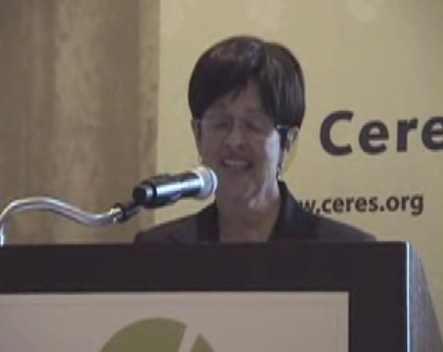
Joan Bavaria was a valued member of the Ethical Markets Media Research Advisory Board. We salute her and her pioneering role in developing social investing. The Joan Bavaria award will keep her memory alive and her influence growing.
One Degree Matters provided by the European Environment Agency; This video follows social and business leaders as they travel to Greenland and experience for themselves the dramatic effects of the melting of the ice cap and consider how to use business to grow a green economy. The film brings to the screen the latest science from the Arctic and shows why a further rise in global temperature of one degree matters for the future of humankind.
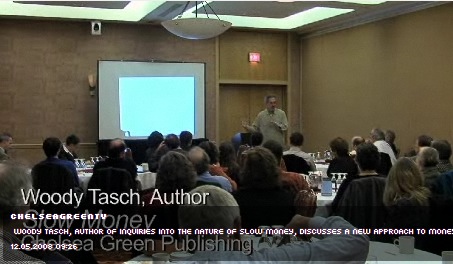
Woody Tasch On Slow Money provided by Chelsea Green Publishing; Woody Tasch, author of Inquiries into the Nature of Slow Money, discusses a new approach to money. Tasch is the chairman and CEO of Investors’ Circle–a network of angel investors, professional venture capitalists, foundations, family offices and others who are using private capital to promote the transition to a sustainable economy.
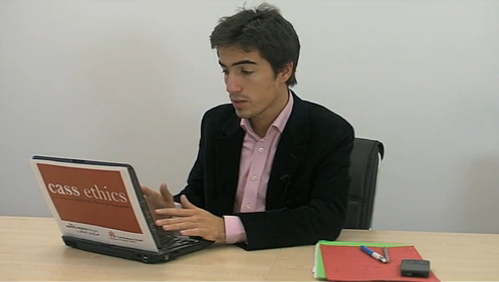
Humanitarian Competition — provided by Cass Ethics; In the seventh edition of Cass Ethics, Lisa Cowan, European correspondent for Ethical Markets and Cass EMBA alumni, introduces the Humanitarian Competition framework. For the Cass Ethics Series, every other week, Edouard Larpin, BSc Business Studies, will ask an academic or a specialist practitioner their point of view on applying ethics to business. To view all the video in the 2010-11 series please go here.
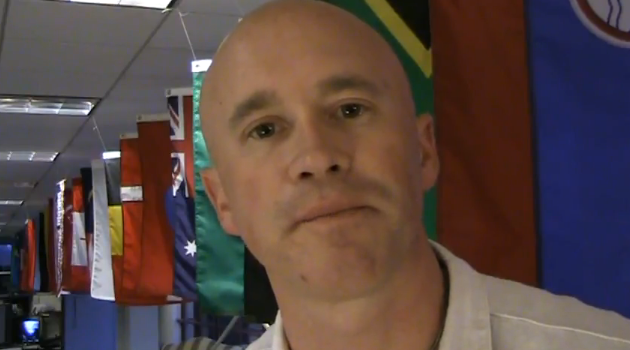
Global Innovations Commons provided by M-CAM; Introducing the GLOBAL INNOVATION COMMONS, founded by Dr. David E. Martin, Executive Chairman, M-CAM; Fellow, The Batten Institute, University of Virginia.
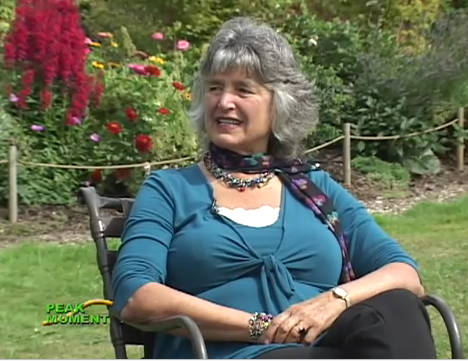
Conversation with Vicki Robin — provided by Peak Moment; Published 20 years ago, Your Money or Your Life was written for these times, asserts co-author Vicki Robin. People examine their assumptions about money, decide what is “Enough,” get out of debt, and free up life energy to invest in what matters most to them. Vicki discusses applying these same tools to relationships with our time, opportunities for creativity and exchange, building community, and her ten-mile food diet.
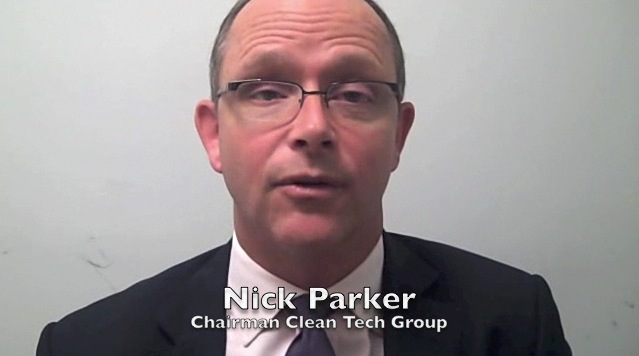
Wall Street Green Trading Summit 2009 provided by Ethical Markets; our reporter catches up with investment leaders and our own advisory board members attending this pivotal summit.
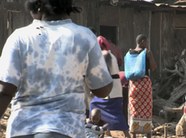
How fair trade can help people trade their way out of poverty – The startling truth about how fair trade can help people out of poverty in the slums of Nairobi Kenya. For more information on how you can invest with Shared Interest please visit www.shared-interest.com
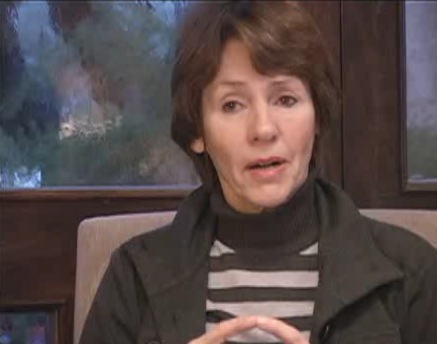
The Opportunity Wthin the Economic Crisis provided by TheSoulofMoney.info; Lynne Twist, founder and president of the Soul of Money Institute, offers a positive view on the economic challenges ahead.
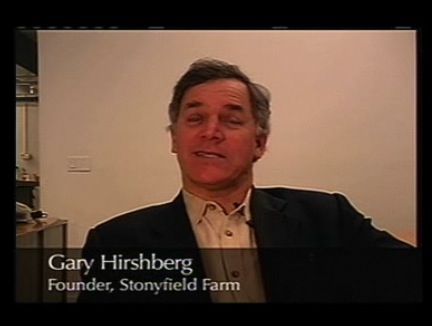
Stoneyfield Farm provided by the Trusteeship Institute; Gary Hirshberg, founder of Stonyfield Farm, bought by Danone, talks about Selling Without Selling Out.
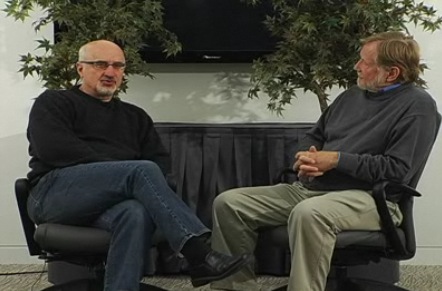
Ben & Jerry’s provided by the Trusteeship Institute; Pierre Ferrari, chair of Ben & Jerry’s, bought by Unilever, talks about Selling Without Selling Out.
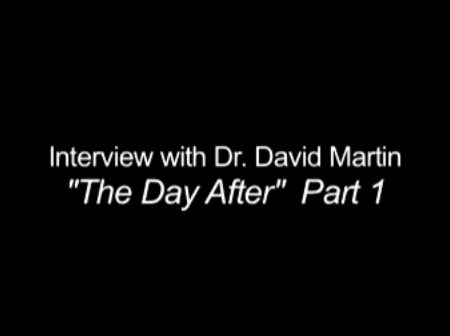
2012: The Day After part 1 — provided by M-CAM; Professor David Martin explains what evolving markets will look like in a world that is not bound by scarcity.
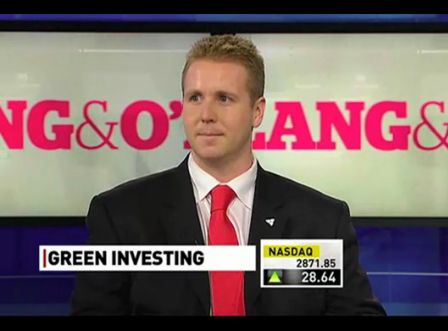
Tim Nash – provided by the Lang & O’Leary Exchange; Timothy Jack Nash, president of Strategic Sustainable Investments and sustainability research coordinator of Ethical Markets Media, discusses the growing investments in the green economy, including the Green Transition Scoreboard.
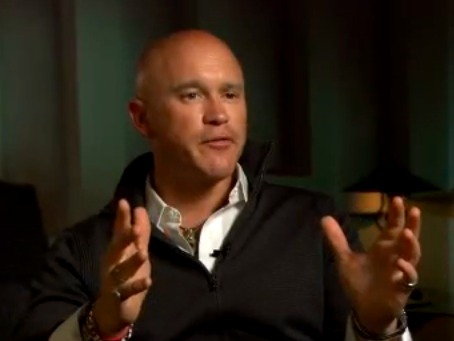
2012: The Day After part 2 — provided by M-CAM; Professor David Martin explains what evolving markets will look like in a world that is not bound by scarcity.
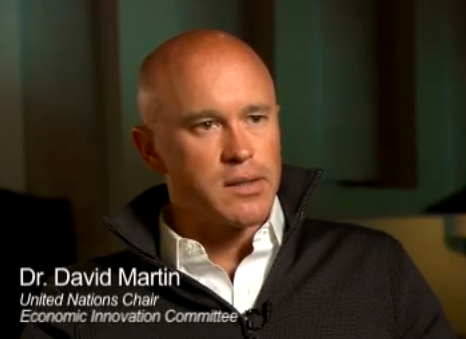
Analysis of Adam Smith Economics to modern day part 1 – provided by M-CAM; Professor David Martin of M-CAM and the University of Virginia’s Darden Graduate School of Business Administration.
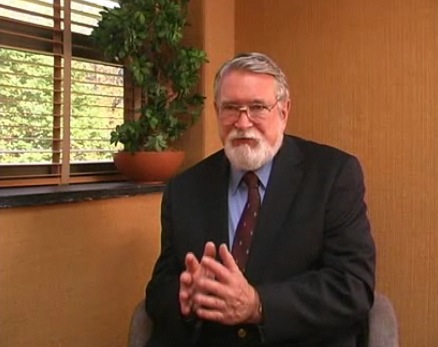
Coming Home: E.F. Schumacher and the Reinvention of the Local Economy” provided by Chris Bedford Films and the Schumacher Society; Sincere appreciation goes to Chris Bedford who made this film as a labor of love, telling the story of rebuilding a local economy using strategies from community land trusts to the nation’s most successful local currency – Berkshares. Copies of the film can be obtained at www.localharvest.org.

Mari Kuraishi – GlobalGiving Foundation – provides a platform for social entreprenuers to share resources.
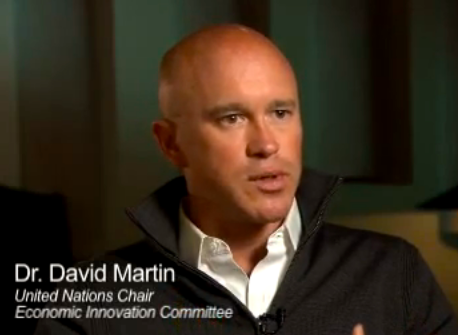
Analysis of Adam Smith Economics to modern day part 2 – provided by M-CAM; Professor David Martin of M-CAM and the University of Virginia’s Darden Graduate School of Business Administration moves on to discuss other economic theories, such as Keynesian, applied to the 21st century.

Caroline Casey – Ireland – The Aisling Foundation – promotes positive image of disablity. “You don’t need eyes to have a vision!”

Hazel Henderson — provided by Pavlov e-Lab, www.pavlov.nl; video profile of the president and founder of Ethical Markets Media by Nathalie Beekman, artistic director at Pavlov e-Lab, The Netherlands

Mathias Craig – blueEnergy – provides low-cost, sustainable energy to marginalized communities through the construction of wind turbines and installation (and maintenance!) of hybrid wind and solar electric systems.

Ayeleen Ajanee – Pakistan – Acumen Fund Fellow – working with woman enterprenuers who make less than $4 per day.
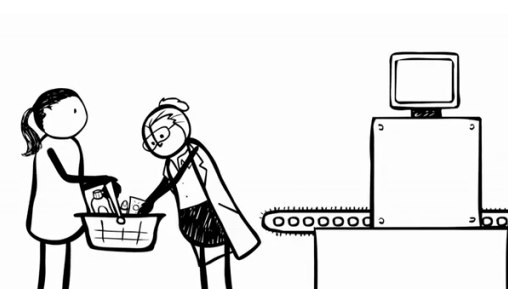
The Story of Cosmetics – provided by the Story of Stuff Project; Annie Leonard explains “toxics in – toxics out” in all the untested cosmetic products we use daily. Released in conjunction with the introduction of the Safe Cosmetics Act in the US Congress, the video raises the debate about toxic chemicals in the shampoos, deodorants and lotions we rub on our bodies every day.
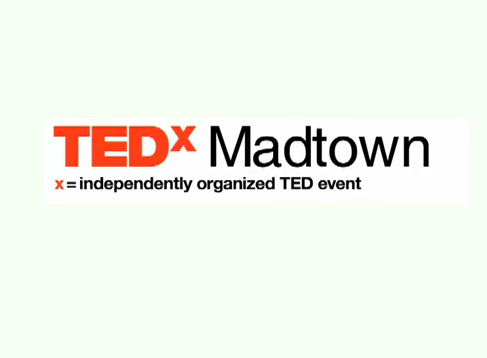
Traci Fenton of WorldBlu — provided by TED.com; In the talk “Democratic Workplaces,” Traci shares the story of why she founded WorldBlu in 1997, what organizational democracy and freedom in the workplace means, and the “power question” every organization must ask if it is going to survive in this new, Democratic Age.

Karen Zainah Anwar – Sisters in Islam, based in Malaysia, workers on the right of Muslim woman within the framework of Islam to end discrimination against woman in the name of religion while upholding the principles of justice, equality and freedom.

Bernice Celeyta – NOMADESC {Association for Social
Research and Action} works primarity with women, trade unionists,
campesinos, the Afro-Colombian and indigenous peoples.Kisia – AfriAfya
– Provides communication technology for rural and informal

Caroline Nyami – Kisia – AfriAfya – Provides communication technology for rural and informal settlements in Kenya.